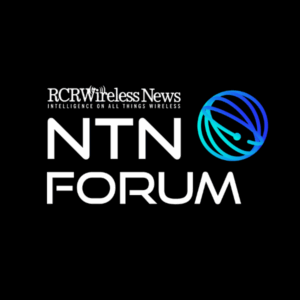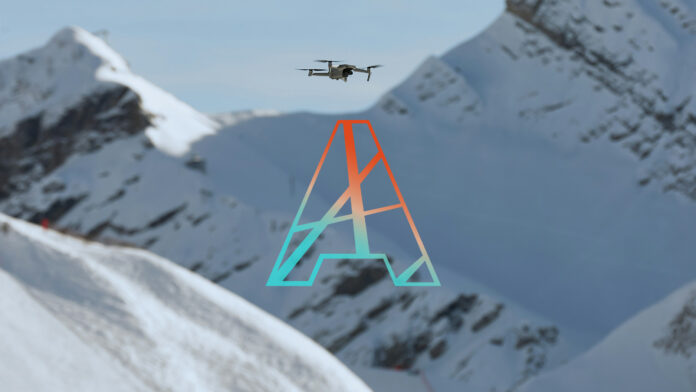French LoRaWAN specialist Actility has acquired a France-based LoRaWAN startup called API-K, which produces a LoRaWAN tracking system for mountain sports and rescue teams, and was co-founded by LoRaWAN luminaries François Sforza and Nicolas Sornin, two parts of the three-man team that invented the original LoRa protocol, and once worked for both Cycleo/Nanoscale, the company that created the technology, and Semtech, the company that acquired it. The size of the acquisition fee has not been revealed.
API-K has developed its own LoRaWAN-based sensor ‘beacon’ system, which extends the “effective” search radius (“by two orders of magnitude”) of standard low-power wide-area IoT technologies, according to Actility. The system uses a API-K geo-location detector, carried by search-and-rescue teams, which scans at a distance of up to 10 kilometres for location signals from API-K’s Personal Location Beacon (PLB), carried by skiers and mountaineers, and participants in other outdoor activities. The API-K detector weighs less than 100 grams.
It can be carried in manned and unmanned (drones) aircraft. The system works “even if the person being searched for is buried under snow”, said a statement. API-K detectors have been deployed by the PGHM, the French mountain police (or Peloton de Gendarmerie de Haute Montagne; or High Mountain Platoon of the Gendarmerie) for air-rescue operations. Grenoble-based API-K has worked with IoT tracking company Abeeway, a subsidiary of Actility, on the design of LoRaWAN equipment and networks for ski resorts “for years”, already, said Actility.
Actility said API-K will be integrated into its Abeeway proposition, expanding the group’s portfolio of patents and location technologies. API-K’s PLB technology will also be integrated through licensing agreements into products from “leading outdoor brands”, it said – to equip more rescue organisations and emergency response teams with the API-K detection system. “Actility and Abeeway also intend to expand the application of the technology to securing natural parks, maritime rescue, and recovering stolen assets,” it said.
In a joint statement, Sornin and Sforza said: “Since our invention of LoRa, we have worked tirelessly to extend IoT networks across entire countries and even into space. Despite this, emergencies can occur when the network is not available. With API-K’s peer-to-peer location technology, rescue teams no longer need to spend hours in the sky searching for a tiny point on the ground. The long-range LoRa signal becomes a life-saving technology, and it is one of our most meaningful achievements. We are delighted that Actility wants to further develop this technology.”
Olivier Hersent, chief executive at Actility, said: “The safety of people is, of course, a primary concern, and every minute is precious when it comes to locating and rescuing a missing person. In this context, API-K’s very long-range PLB technology already enables air rescue units to locate beacon carriers even when the last known position is only within a 10 km radius. We will work to make API-K technology the new standard for outdoor geo-security, but also more generally for aerial and terrestrial search-and-rescue.”
Olivier Favre, head of the PGHM, said: “The PLB [solution] allows for very effective detection and location, even outside any telecom network coverage. Anyone equipped with an API-K/Abeeway PLB in France can now be found by the PGHM following a call from a relative to 112.”
The press statement also provided a quote from the Courchevel ski resort, which said: “Courchevel is happy to continue ensuring the safety of its ski area and the movement of motorised vehicles with technology developed by API-K, while also ensuring the possibility of evolving its collaboration to the specific needs of the resort.”







